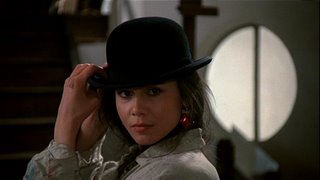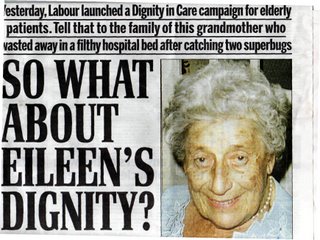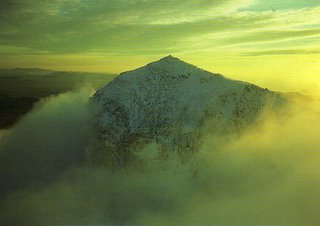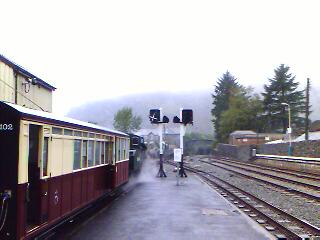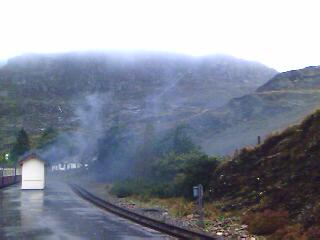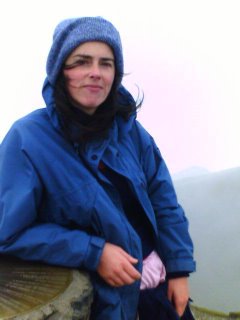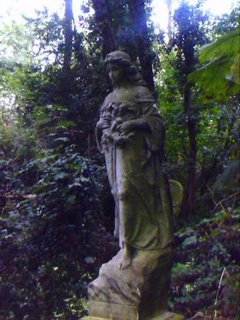
Four o' clock. The iron gates close at five and this is not the kind of place you want to spend the night in. My sister and I hurry up the gravel path, then stop suddenly to speak about our mother, taking it in turns to empty our hearts, spill our grief, hear the brown leaves crackle underfoot.
We walk up to the ruined church, without a priest or congregation, without stained glass or sermon. No hymn book. No bride. Only our two sad faces peering up into the light, past the crumbling pale stone, no longer seeking the holiness of perfection, instead loving the ruins of beauty, perfect in themselves.
And so we wander this way, wander that way, speaking in staccato through leafy alley ways, past grey tombs and mighty obelisks, under huge trees heavy with ivy, graves hidden in the bracken, overturned headstones, fallen angels with broken wings sliding, sliding into mud.
We stumble down a narrow dark tunnel of green, and there, in the squelch of mud, we speak our truth of grief and fear and losing, say things rarely spoken of life, except at times like these. Names and dates, old and young, men and women, loved and unloved, all pass through our unlit eyes.
To my right, an ancient tree is being lifted into the air by a cracked headstone which has subsided and moulded itself into its thick roots. My sister turns, spots a marble casket, its lid open some inches, sliding off. The blackness inside stares back at us like an unflinching eye.
We stagger out into daylight and a damp grassy glade filled with the graves of wives and mothers, plastic flowers in psychedelic colours in plastic pots dotting the horizon. And there, around the fresh churned soil of a newly dug grave, jump seven magpies, and a red fox, darting, moving.
I feel like we are intruders in this scene. The grass is all lit up, the trees are bowing. A strange current of silence is in the air. The grass is blowing. For this is their world, their language, of brightness and burial, tender woodland and no return.
The fox looks up and stares at us carefully, turns tail and leaves. The magpies scatter and disappear, and we are left alone once again in the singing daylight with only the trees, the dead and the ravens, and some distant echo.
We leave the gates of the cemetery. Back on the high street, I feel as though I am emerging from a murmured spell, a remarkable tune running through my head.

